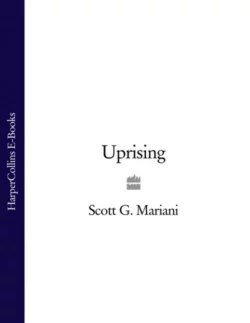A Darkening Stain

Robert Wilson
Тип: электронная книга
Жанр: Триллеры
Язык: на английском языке
Стоимость: 153.68 ₽
Статус: В продаже
Издательство: HarperCollins
Дата публикации: 16.04.2024
Отзывы: Пока нет Добавить отзыв
О книге: A stylish, tough and exciting thriller set in West Africa, the fourth in Robert Wilson’s critically acclaimed Bruce Medway series.Bruce Medway, fixer for the great unfixed, does not see the disappearance of schoolgirls off the rain-shattered streets of Cotonou, Benin, as any of his business. That is the domain of his ex-partner, police detective Bagado, and his corrupt boss Commandant Bondougou. Bruce has the more pressing matter of a visit from two sweet-natured mafiosi, Carlo and his ‘enforcer’ Gio, employees of the Lagos-based capo, Roberto Franconelli. They want him to find Jean-Luc Marnier, a French businessman, who is definitely in for more than a wrist-slapping.In a night of brutal terror with Marnier, Bruce finds himself with a choice to make, followed by a life-saving lie that has to be told. Both choice and lie will rumble over the rest of his days like the interminable rainy season.Then an eighth and very important schoolgirl goes missing and Bruce must descend into a deeper darkness of police corruption, mafia revenge, sexual depravity, illegally mined gold, and the lonely, privileged but psychotic existence of the Nigerian heiress, Madame Sokode.To save himself, Bruce has to conceive a plan. A scam that will excite the natural greed that prevails along this coast and when executed, out on the flat, black waters of the huge lagoon system, will inevitably result in death and destruction. But then innocence has always been the burden of dark experience.